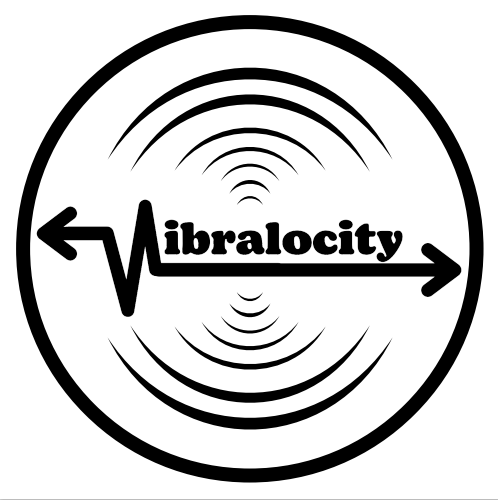I’m not going to lie- I used to think that protests were an ineffective form of resistance. I’ve been to numerous protests since 2012 and the Occupy Movement. That’s when I started viewing myself as an activist. Each time I would attend a protest, though, I always came away from it feeling deflated- like we all had just spent so much energy to accomplish nothing. I’ve heard people call protests ‘grumpy parades’ and that’s often how I’ve felt. Even with pro-Palestine marches, I was feeling like no matter what we did, the bombs would continue to fall on innocent Palestinians.
This sentiment changed for me recently. I attended an anti-deportation protest and I think for me it finally clicked (only took 13 years). Protests and marches don’t always have to have a goal or accomplishment attached. What I’ve realized is that protests are actually a form of collective grief being shared. The people who attend, while some may be there for performative purposes, mostly are there to be in solidarity or to speak truth to power and stand up against injustice. But that action of standing together for a common cause is one of the ways we as humans can build our collective power. That simple act can have tremendous results in the hearts and the minds of the people who attend.
Does the government care when we protest? Not so much. Will the people in positions of authority automatically stop acting in alignment with military contractors, oil companies, and banks? Nope. But, that doesn’t matter, because we have taken collective action that builds our own movement and takes us one step closer to challenging those systems of oppression.
Next I want to talk about boycotts. Unless you’ve been living under a rock, I’m sure by now you’ve heard of BDS (boycott, divest, and sanctions). This is a movement where the people withhold financial contributions to companies and institutions that are enacting or enabling genocide and oppression. This movement has been shown to be extremely powerful- and there is opportunity for it to gain more power. Weapons manufacturers have had plants vandalized, shipping companies have seen their ports blocked off, entire universities have divested from war-profiteering companies, and many organizations have lost all credibility in the marketplace for their contributions to colonization. Voting with our dollar works- it tells the people running these companies and institutions that we won’t be complicit in their crimes, and we will find alternatives for the things we need.
Strikes are another form of resistance that are probably one of the scariest things we can do right now- so many people are living paycheck to paycheck, so to forgo any income is to ponder houselessness. However, strikes are incredibly effective, especially when there are clear demands and enough people participate. While individual organizations experiencing strikes can absolutely be disruptive- imagine if millions of people across the country went on strike. That’s what many of us are trying to accomplish. If you want to sign up to support this movement, visit this site: https://generalstrikeus.com. I hope you’ll join us!
Finally, I wanted to discuss mutual aid. Mutual aid is something we are going to need moving forward, especially as the U.S. administration tanks the economy and tries to steal all our money (student loan garnishments), and especially if we are all planning on going on strike. Mutual aid is a practice that helps people with more than they need distribute goods and resources to people who are in need of basic essentials. As things become tighter and more of us are faced with bills we can’t pay, mutual aid will become increasingly important. Please be open to this form of resistance, as it has already helped so many (and you may need it someday soon, too).
That’s all I have for this post. Short and sweet. I just wanted to explore the forms of resistance that are available to us, the people. Let’s remember these for the times ahead. They will serve us well.

